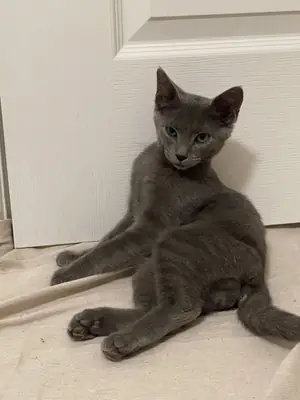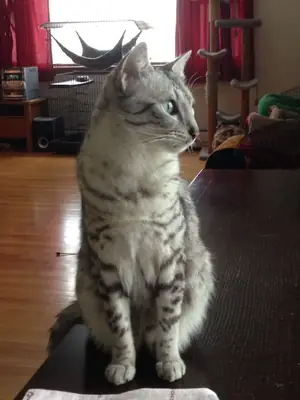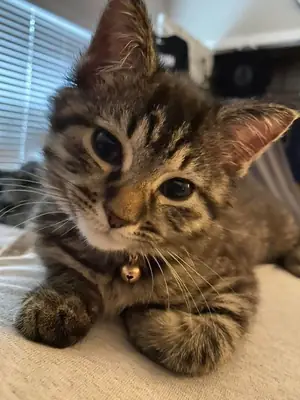Cat Food Refusal: Hidden Health Issues
Food refusal in cats is not just picky behavior; it can be an early warning sign of serious health problems. This condition requires careful monitoring and timely intervention by pet owners.
Possible Causes of Food Refusal
There are many underlying reasons why cats refuse to eat. These reasons range from simple behavioral issues to serious medical conditions.
- Dental and Oral Health Problems: Gum inflammation, tooth decay, mouth sores, and jaw fractures can prevent cats from eating.
- Digestive System Issues: Nausea, gastritis, intestinal blockage, and pancreatitis can cause loss of appetite.
- Kidney and Liver Diseases: Chronic kidney failure and liver problems are significant causes of appetite loss in cats.
- Respiratory Infections: Nasal congestion can affect a cat's sense of smell, leading to food refusal.
- Pain and Discomfort: Arthritis, injuries, or internal organ pain can reduce a cat's desire to eat.
- Stress and Anxiety: Environmental changes, new household members, or routine disruptions can cause appetite loss in cats.
When to See a Veterinarian
Food refusal in cats requires emergency veterinary intervention if it lasts more than 24 hours or is accompanied by the following symptoms:
| Symptom | Description |
|---|---|
| Vomiting or Diarrhea | Repeated vomiting or diarrhea may indicate digestive system problems. |
| Lethargy | A cat being less active than normal may indicate serious health issues. |
| Weight Loss | Rapid or significant weight loss may be a sign of metabolic diseases. |
| Dehydration | Loss of skin elasticity, sunken eyes, and dry mouth are signs of dehydration. |
| Fever | Elevated body temperature may indicate infection or inflammation. |
| Breathing Difficulty | Rapid or labored breathing may indicate respiratory system problems. |
Diagnostic Process
A veterinarian will perform a comprehensive examination to determine why a cat is refusing food. This process may include:
- Physical Examination: Check of mouth, teeth, abdomen, and general health status
- Blood Tests: Complete blood count, biochemistry panel, and thyroid hormone levels
- Urine Analysis: For kidney function and urinary tract infections
- Imaging: X-rays or ultrasound to visualize internal organs
- Dental Examination: Detailed check of dental and gum health
What You Can Do at Home
Before the veterinary appointment, you can take some measures to improve your cat's condition:
- Soft Foods: Offer canned food or pureed meals
- Warmed Food: Slightly heat the food to enhance aroma and flavor
- Stress Reduction: Provide a quiet and safe eating environment
- Water Intake: Provide clean water to prevent dehydration
- Meal Times: Establish regular meal times
Prevention and Care
Regular care and monitoring are essential to prevent food refusal in cats:
- Annual veterinary checkups and vaccinations
- Regular dental care and cleaning
- Quality and balanced nutrition
- Stress management and environmental enrichment
- Weight control and exercise
Food refusal in cats is a condition that should be taken seriously. Early diagnosis and treatment are critical for your cat's health and quality of life. If you have any concerns, be sure to consult a veterinarian.





